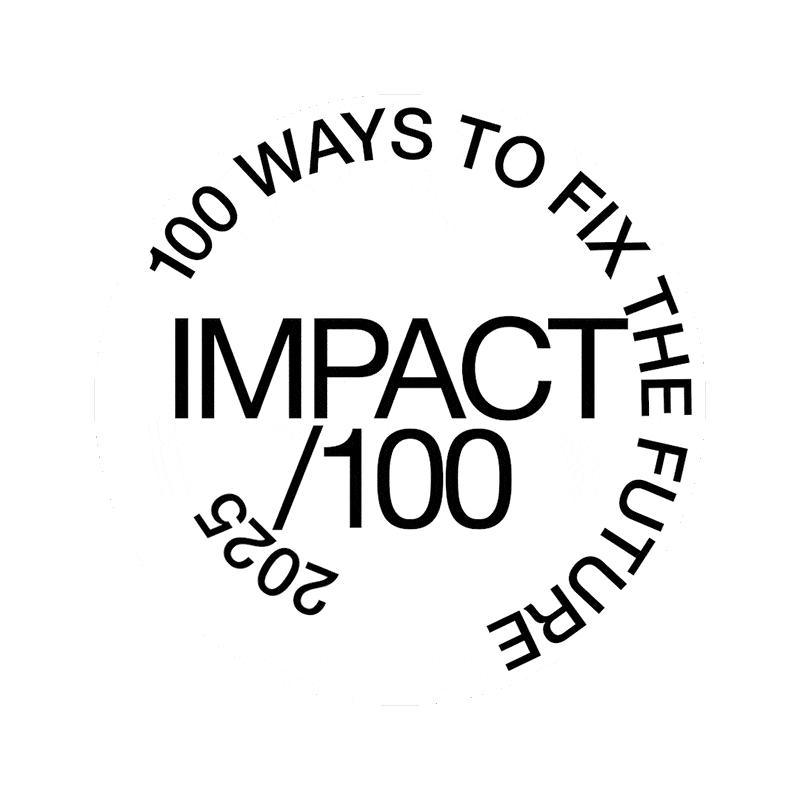
ADHD is a common and serious condition with a good prognosis if recognized early and treated adequately. Research shows that girls and women with ADHD, due to gender-related social bias and biological differences, receive their diagnosis several years later than boys and men. Research, health care, and peer support have lagged behind because of gender-specific challenges, and even though we know that female ADHD symptoms and treatment effects change across the menstrual cycle, there is, as of today, the chance to mitigate negative outcomes and improve quality of life for a substantial, clinically significant, and vulnerable group and their relatives is wasted. LetterLife is developed with patients and clinicians, and internationally recognized experts in epidemiology, gynecology, and female mental health supported by national patient organizations for ADHD in Europe.
Something looks off?






